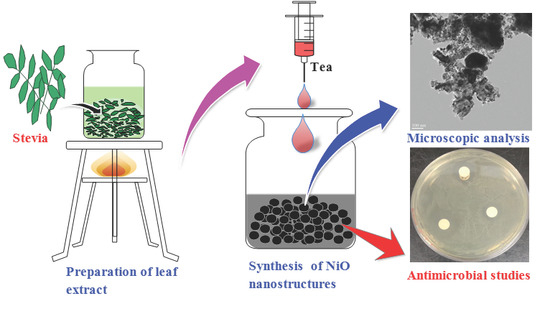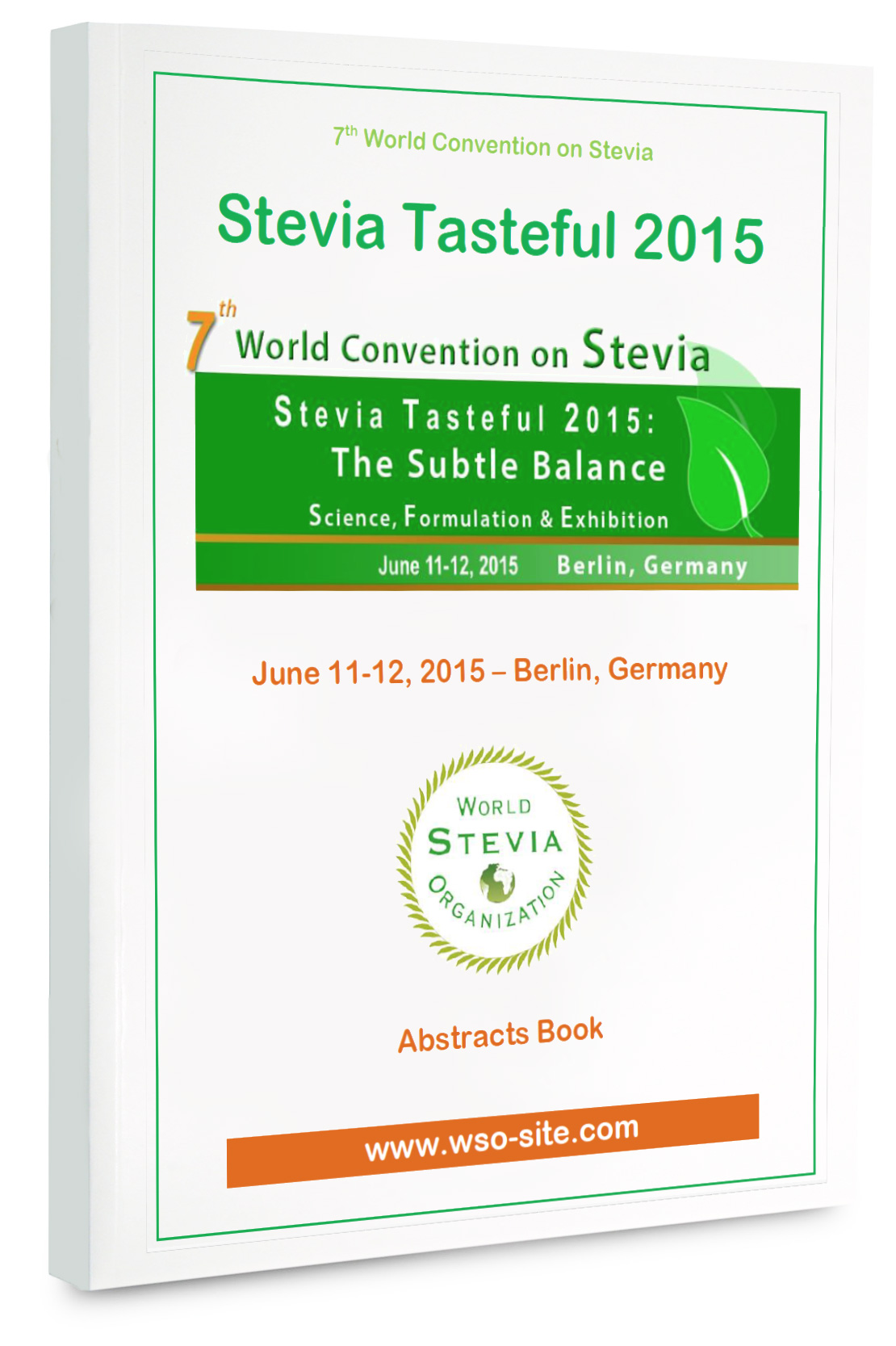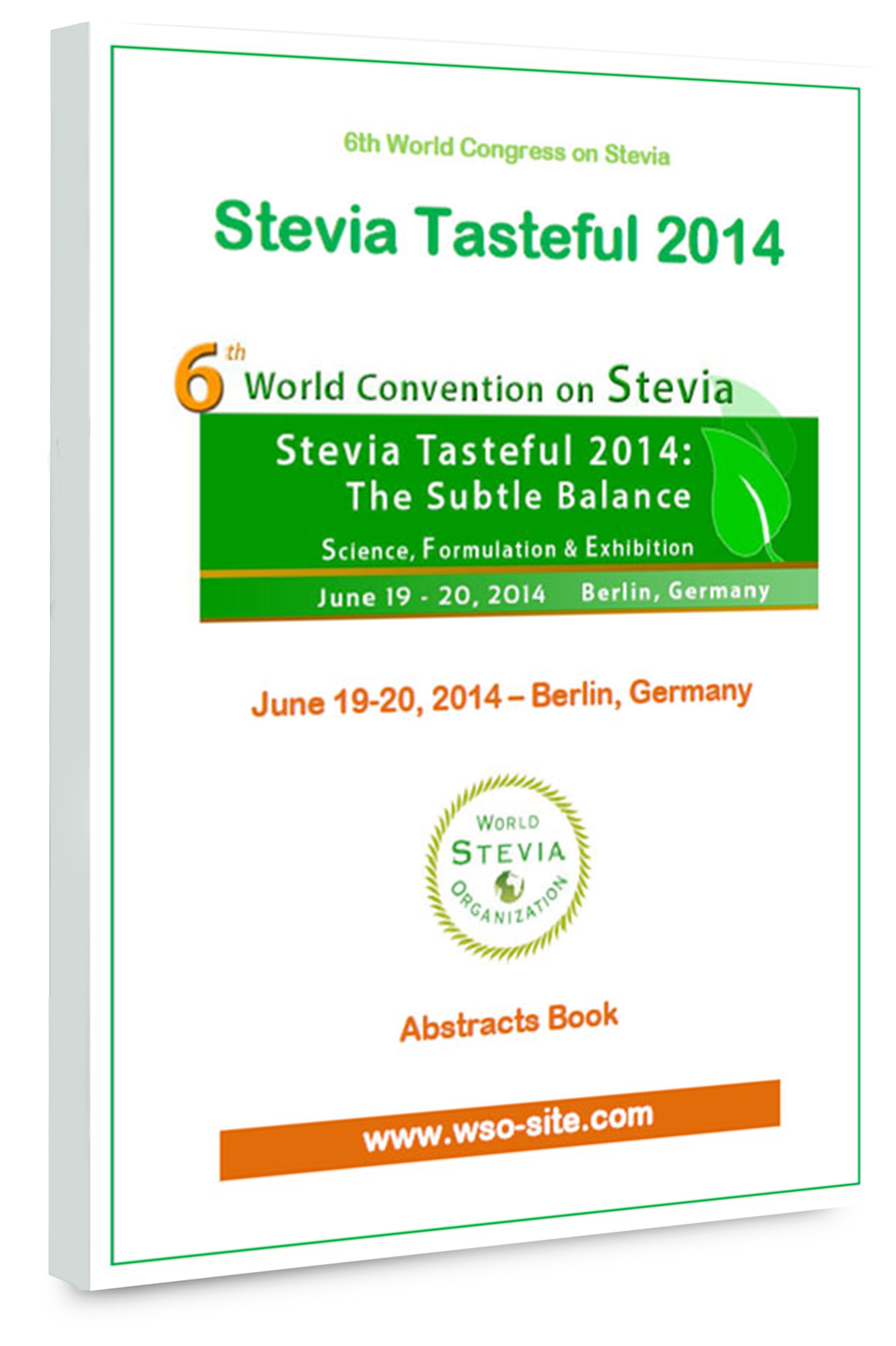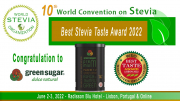News Release, World Stevia Organization, March 17, 2022
Recently, green nanoscience and technology have developed to a great extent due to their wide applications in catalysis, sensors, drug delivery, and biomedical purposes. There has been increasing research on the utilization of phytomolecules in the area of green synthesis.
In the present study, economically viable NiO nanoparticles were produced by biogenic preparation using stevia leaf broth and their in-vitro antioxidant and antimicrobial activities were evaluated.
The properties of the prepared NiO nanoparticles were confirmed by analytical techniques such as Ultraviolet-Visible (UV-Vis), X-ray diffraction (XRD), FE-SEM, and Fourier transform infrared spectroscopy (FTIR) analyses.
Morphological studies using scanning electron microscopy (SEM) and transmission electron microscopy (TEM) showed that the size of synthesized nanoparticles ranged from 20 to 50 nm, most of which were spherical and few of which were agglomerated.
The role of the biological moieties, which reduce and cap the nanoparticles, was studied using FTIR analysis. The prepared nanoparticles strongly inhibited gram-negative bacteria, which is a camper with gram-positive bacteria and fungi. Furthermore, it performs an effective in-vitro activity through α,α-diphenyl-β-picrylhydrazyl (DPPH) reduction.
In conclusion, the effective and easy green synthesis process used for NiO nanoparticles provides potential antimicrobial agents against multidrug-resistant microbes.
Join us in Stevia Tasteful 2022 to further explore the various non-food related stevia applications.
Stevia Tasteful 2022
June 2-3, 2022 - Lisbon and Online
www.wso-site.com

























